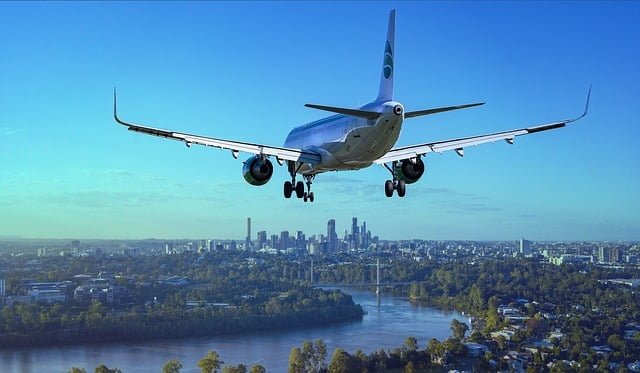Every time you embark on a new trip as a pilot, you know that other people are depending on your skills and expertise to safely transport them from point A to point B. Even though you may have piloted hundreds of flights and logged thousands of hours, remaining aware of the performance metrics for the advanced aircraft equipment you will use is of the utmost importance for each and every flight in order to achieve your goal of a safe ride for all. Here are six things you should check before every flight:
- Weather
This one might seem like a no-brainer, but it’s absolutely essential to check the weather before you depart for your destination. In fact, weather is often a factor with airline travel that goes awry. You can use sources like the toll-free phone numbers available from the Federal Aviation Administration (FAA) for the most complete and accurate weather information for your flight. Make sure to review weather forecasts for the areas surrounding both the departure and arrival locations and the route in-between. Also remember to plan for any alternative routes that may be required to avoid bad weather.
- Logbook Information
The aircraft logbook includes some of the most critical information about the aircraft, and it is absolutely essential to review before taking off. For example, performing an aircraft inspection regularly is one of the most important ways to ensure the safety of aircraft, and the logbook will contain all of the information from these inspections. The logbook also contains data from other pilots about recent trip duration, mileage and fuel performance. As the pilot, you’ll need to sign off on this information before taking flight.
- Weight and Balance
Before taking off, you should check the weight and balance of the aircraft to confirm that you can safely fly without inviting unwelcome issues such as nosediving. The calculation should include the empty weight of the aircraft, passengers, luggage and fuel to determine the center of gravity for the plane. The pilot operating handbook (POH) for the aircraft will help you determine if you are within allowable limits for weight and balance. Don’t forget that it’s important to run a second calculation that takes into consideration the final weight of the aircraft upon landing, after some of the fuel has been used up.
- Air Traffic
An absolutely essential step for every flight is to check in with Air Traffic Control (ATC). They can alert you to issues such as Temporary Flight Restrictions (TFR) or Notices to Airmen (NOTAM) that you should be aware of as these can affect your intended course, elevation or other factors of your trip. For example, a TFR may be issued to restrict flight within a certain area where a rescue mission is ongoing.
- Performance
Running a performance calculation can save you from the error of misjudging the runway length required to take off, which is one you definitely do not want to make. This calculation takes into consideration your aircraft’s weight, headwinds, altitude and other factors to make sure you have the length you need to get up in the air with plenty of room to spare.
- Equipment
Before you take off, it’s a good idea to manually examine the basic equipment of your aircraft for any issues including tires, fuel, oil, engine and the cockpit controls. If you see anything that causes concern, you can address it much more easily from the ground than in the air. You can also take this opportunity to set up the cockpit according to your needs throughout the trip, making sure critical items are easily within reach. That way, you won’t be fumbling around once you’re aloft.
By following these steps, you can ensure your safety for each and every flight, so you can enjoy the incredible freedom and views that can only come from being thousands of feet in the air.
